Kid Rock’s recent interview with Tucker Carlson marks an interesting turn in his highly publicized boycott of Bud Light. After months of theatrics, including a staged shooting of the beer and claims of a consumer rebellion, Rock now seems ready to move on, declaring Bud Light’s “black eye” sufficient and suggesting the boycott has served its purpose.

Boycott or Marketing Stunt?
The authenticity of Rock’s boycott has been suspect from the start. His continued consumption of Bud Light, both privately and at his restaurant, contradicted his public pronouncements. Additionally, his penchant for attention-grabbing antics, coupled with the stunt-like nature of the shooting video, raised questions about his motivations. Was this a genuine boycott driven by ideological principles, or a calculated marketing ploy to remain in the spotlight?
Impact on Bud Light and Trans Visibility
Regardless of Rock’s motives, the boycott had real consequences. Bud Light’s parent company faced financial losses and layoffs, while trans activist Dylan Mulvaney, the target of Rock’s ire, experienced significant personal harassment and fear. Mulvaney’s voice, amplified by the boycott, exposed the dangers of using marginalized identities for corporate gain and the devastating impact of discriminatory backlash.
Mixed Messages and Shifting Narratives:
Rock’s interview with Carlson presents a confusing narrative. He acknowledges Bud Light’s “mistake” in partnering with Mulvaney but simultaneously dismisses their subsequent struggles as a deserved “black eye.” This wavering stance highlights the complexities of free speech and the responsibility that comes with wielding influence. While Rock has the right to express his opinions, his actions can have significant consequences, both positive and negative.
Moving Forward: Lessons Learned?
Rock’s Bud Light saga offers several takeaways. Firstly, it exposes the potential pitfalls of celebrity activism, where genuine concern can be overshadowed by self-promotion. Secondly, it underlines the importance of responsible media coverage, which should avoid amplifying harmful narratives and instead focus on amplifying the voices of those most impacted. Finally, it serves as a reminder of the power of collective action, both in shaping public discourse and holding corporations accountable for their choices.
Whether Rock’s boycott was a genuine act of protest or a calculated marketing ploy remains debatable. However, the episode has undoubtedly shed light on the intersection of celebrity, corporate branding, and the fight for LGBTQ+ rights. As the dust settles, the question remains: what lessons will be learned from this saga, and how will it shape future conversations about representation, responsibility, and the consequences of online activism?




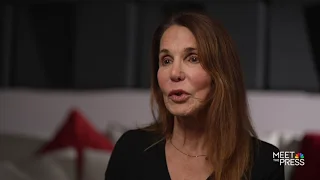
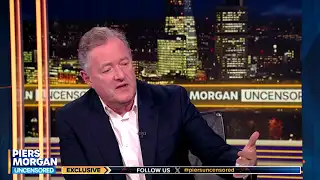

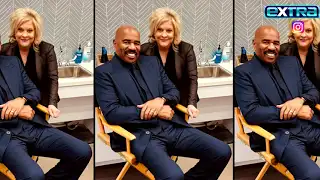
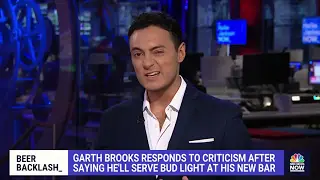
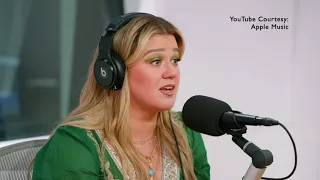


Discussion about this post